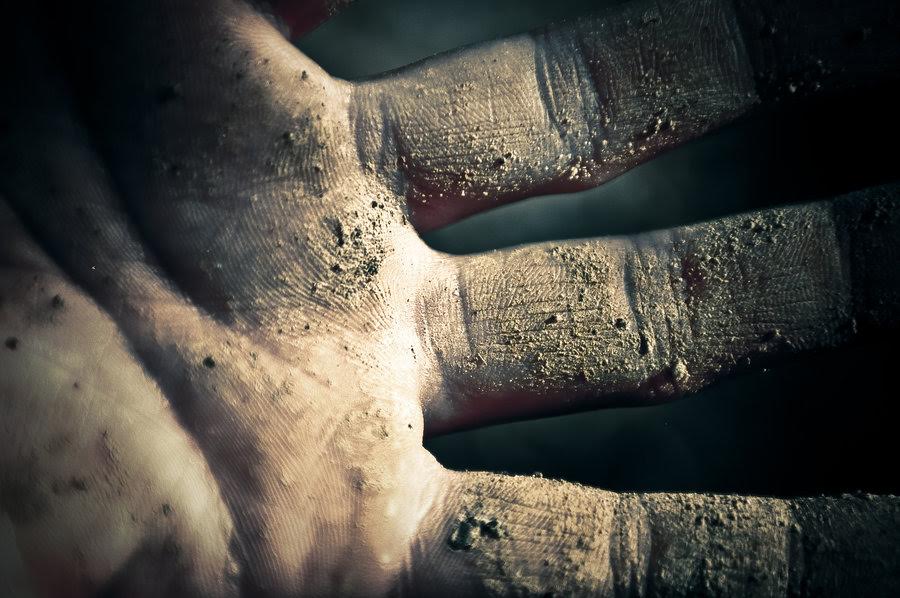A Legacy of Dust and Ashes
״….ויען אברהם ויאמר הנה נא הואלתי לדבר אל ה׳ ואנכי עפר ואפר…״ – בראשית יח, כז
As a reward for our patriarch Avraham having said: ‘I am but dust and ashes’, his descendants were worthy to receive two commandments: the ashes of the red heifer and the dust [mixed in the waters] for a sotah. —Talmud, Sotah 17a
It was not only because Avraham humbly described himself using the metaphor of “dust and ashes” that his descendants merited mitzvos that involve dust and ashes. Rather, these two mitzvos in particular, the red heifer and the Sotah water, reflect the heritage of Avraham as expressed in his words, “I am but dust and ashes”.
With these words, Avraham effectively described the motivation behind his life of selfless kindness: his utter humility. Avraham was so insignificant in his own eyes that he was certain that everyone else was surely entitled, equally or more, to the goodness with which he had been blessed. In fact, even if benefitting others might cause him harm, Avraham did not consider that unreasonable. Therefore, saving his nephew from captivity warranted risking his own life in battle. Likewise, tending to the physical needs of travelers whom he imagined to be pagan nomads justified forfeiting his time in the Divine Presence.

As a reward, Avraham merited to bequeath this attribute of selflessness to his descendants, the Jewish people, particularly in the form of two mitzvos: the ashes of the Parah Adumah, the red heifer, used to purify those who contracted impurity from a dead corpse, and the Sotahwaters, used to prove the innocence of a suspected adulteress. By Divine decree, all who were involved in preparing the ashes of the Parah Adumah contracted a degree of impurity themselves. Similarly, the preparation of the Sotah waters required erasing into the water the ink of several verses from the Torah including G-d’s Holy name that is mentioned in those verses.
The ability to subject yourself to becoming impure in orderto spare some else the inconvenience of impurity, or to actively “desecrate” G-d’s Holy name (by erasing it) in order to save someone else’s marriage, is truly the legacy of Avraham, who put all others before himself, viewing himself as “but dust and ashes”.
—Likutei Sichos vol. 25, pp. 79-83
If you enjoyed this post Please ‘Like’ and Share it that many others can enjoy it too


1 Comment